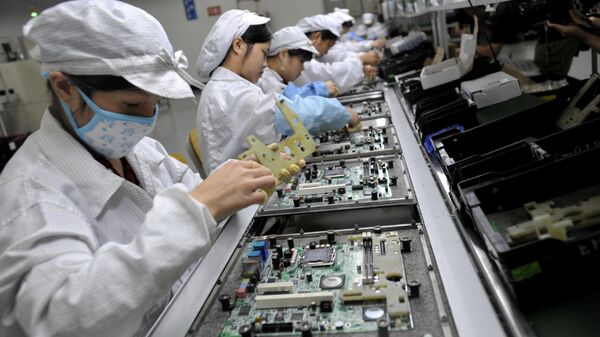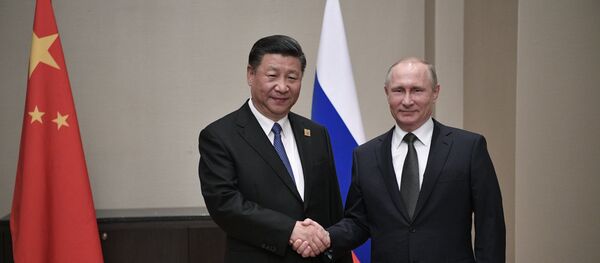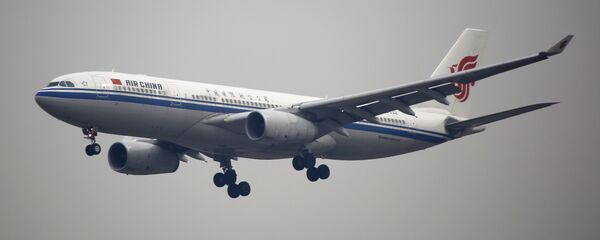The manufacturing sector always generates jobs in emerging economies. In 2016, China took just nine months to reach its annual target of creating at least 10 million jobs in urban areas, with manufacturing and infrastructure projects giving strong impetus to job creation.
Russia is relatively backward in manufacturing, and some sectors such as the auto industry rely heavily on imports. Efforts to promote local production of such goods will fire up job creation and bring new momentum to economic growth in Russia.
China is Russia's fourth-largest source of investment, and Chinese investors, especially from the northeastern provinces, are paying a lot of attention to the Russian market. But Chinese manufacturers seeking to operate in Russia still face an unfavorable investment climate for foreign investors.
Foreign investors who could help create more manufacturing jobs are reluctant to invest while long-standing concerns about corruption in Russia persist. In recent years, the Russian government has taken steps to fight corruption, but with little improvement. There are many monopolistic industries in Russia and the lack of market competition provides fertile soil for insider dealing.
Power-for-money deals should be carefully and thoroughly dealt with, but it will not be easy to introduce market mechanisms in monopolistic industries due to the opposition of vested interest groups. To win support in election campaigns, politicians are always cautious and prudent about efforts to break monopolies. A combination of political reforms and market-oriented economic change is needed to fight corruption.
Local officials in Russia often seek bribes from Chinese investors. Small and medium-sized entrepreneurs cannot counter local officials or force relevant government departments to solve problems. Instead, some of these entrepreneurs resort to bribery, which further worsens the investment climate.
Policy uncertainty is another factor making the investment climate worse. Some local governments announce preferential policies to attract foreign investors, but after they reap profits, local authorities sometimes suddenly change policies affecting foreign investors, withdraw promised free land, or even confiscate some of the income of foreign enterprises using all kinds of tactics.
As a result, some small and medium-sized entrepreneurs only undertake one-shot deals to avoid possible losses caused by Russia's policy uncertainty, which is likely to have an impact on long-term investment flowing into Russia.
Besides, a stable labor supply is a prerequisite to develop the manufacturing industry, but it is not easy for Russia to meet this requirement. It will also be hard for Russia to develop its manufacturing industry if the nation doesn't strengthen vocational training to increase workers' professionalism. Russia may need to adjust its educational structure to focus more on vocational training and the two countries have broad potential for cooperation in this regard. China and Russia can jointly establish vocational training schools in Russia, for example.
Russia may need to make long-term efforts to improve its investment climate and the quality of service of local workers, but this doesn't necessarily mean there is no room for cooperation between the two countries in the manufacturing sector.
First, both countries can encourage Chinese manufacturers to invest in Russian industries where consumer demand is rising but that rely on imports.
Second, since energy cooperation is the core of the bilateral economic partnership, Chinese companies can invest more in manufacturing sectors that lie at the upstream and downstream ends of the energy sector.
Third, there is potential for cooperation in the equipment manufacturing industry. Russia has a good industrial base, and the two sides can strengthen industrial cooperation through technical exchanges.
This article was originally written by Zhang Huizhi and published in The Global Times.





